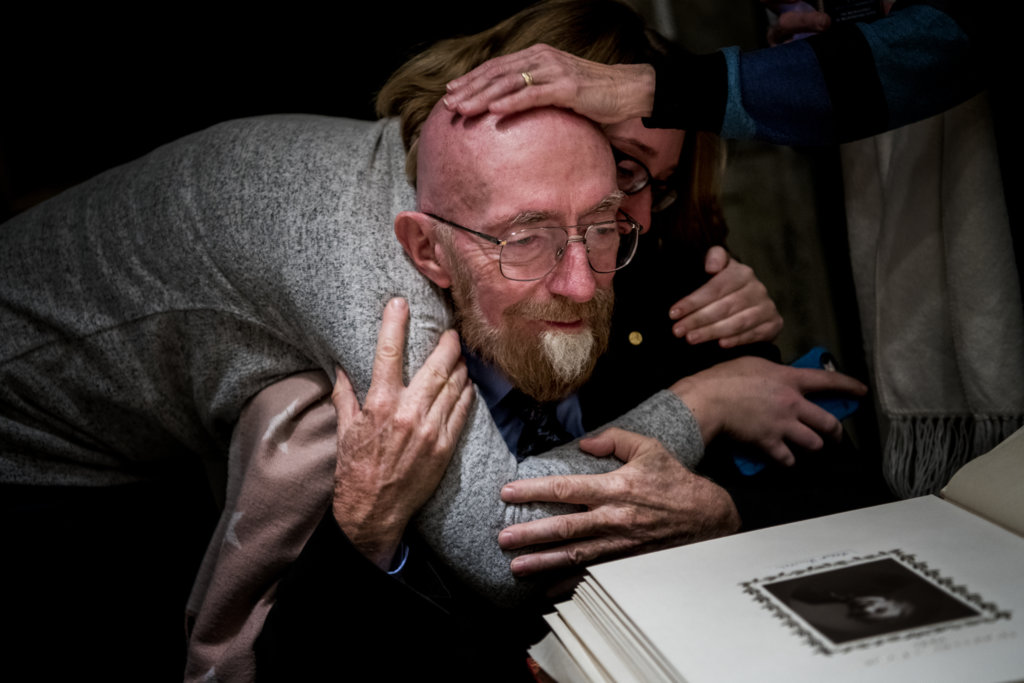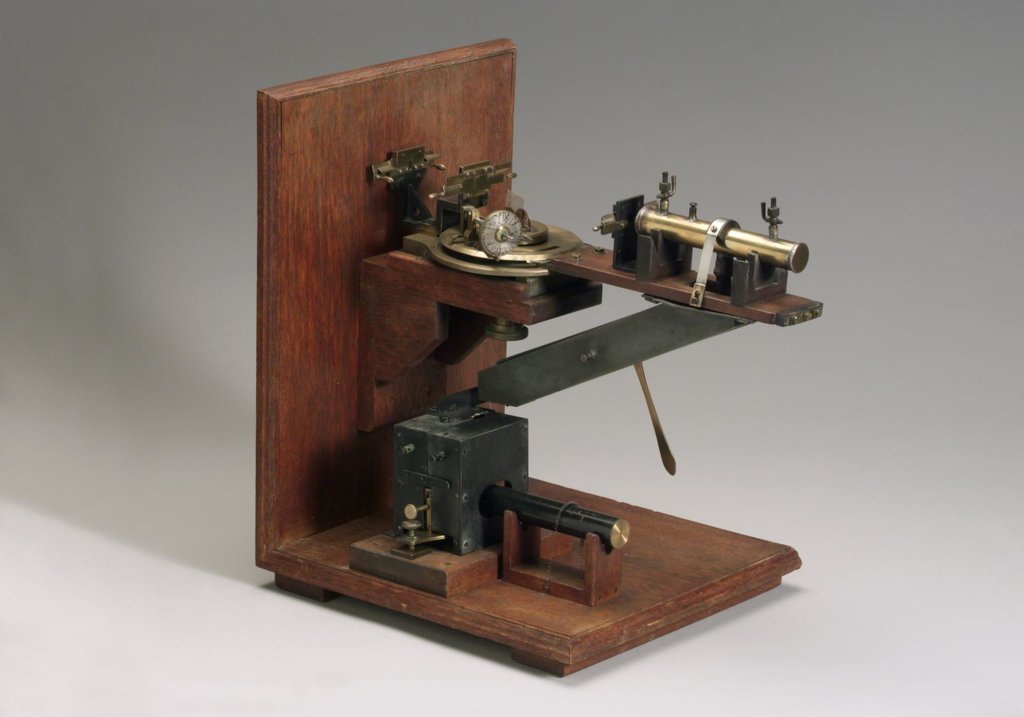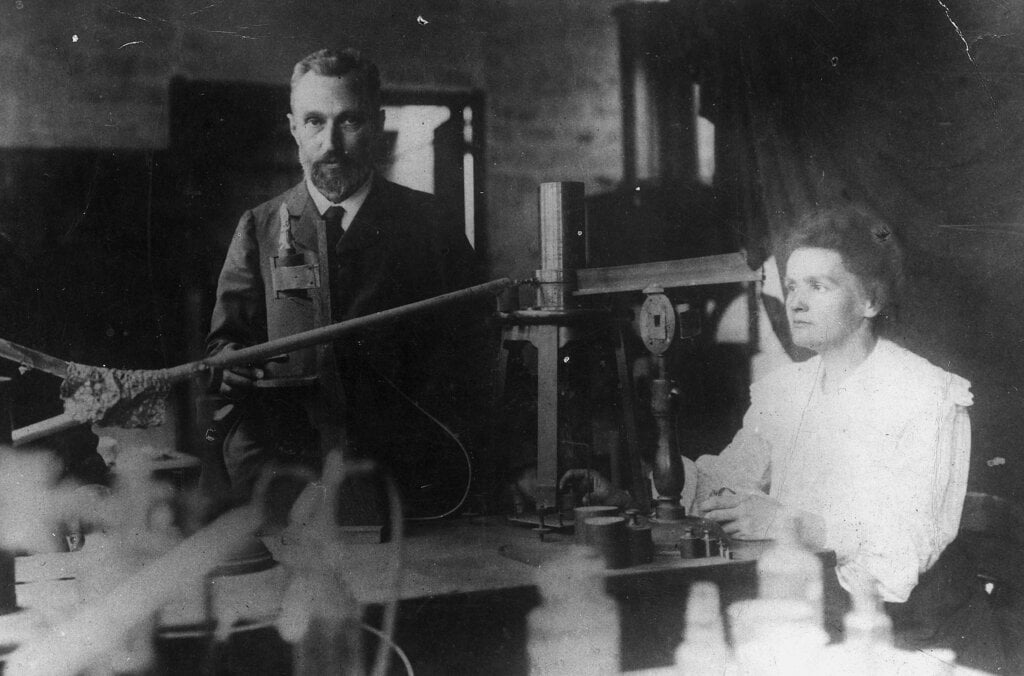On 27 November 1895, Alfred Nobel signed his last will and testament, giving the largest share of his fortune to a series of prizes, the Nobel Prizes. As described in Nobel’s will, one part was dedicated to “the person who shall have made the most important discovery or invention within the field of physics”. Learn more about the Nobel Prize in Physics from 1901 to 2025.
Number of Nobel Prizes in Physics
119 Nobel Prizes in Physics have been awarded since 1901. It was not awarded on six occasions: in 1916, 1931, 1934, 1940, 1941, and 1942.
Why were the Nobel Prizes not awarded in those years? In the statutes of the Nobel Foundation it says: “If none of the works under consideration is found to be of the importance indicated in the first paragraph, the prize money shall be reserved until the following year. If, even then, the prize cannot be awarded, the amount shall be added to the Foundation’s restricted funds.” During World War I and II, fewer Nobel Prizes were awarded.

Shared and unshared Nobel Prizes in Physics
47 physics prizes have been given to one laureate* only.
33 physics prizes have been shared by two laureates.
39 physics prizes have been shared between three laureates.
Why is that? In the statutes of the Nobel Foundation it says: “A prize amount may be equally divided between two works, each of which is considered to merit a prize. If a work that is being rewarded has been produced by two or three persons, the prize shall be awarded to them jointly. In no case may a prize amount be divided between more than three persons.”
Number of Nobel Prize laureates in physics
The Nobel Prize in Physics has been awarded to 230 laureates 1901–2025. As John Bardeen has been awarded twice there are 229 individuals who have been awarded the Nobel Prize in Physics since 1901.
List of all Nobel Prize laureates in Physics
Youngest physics laureate
To date, the youngest Nobel Prize laureate in physics is Lawrence Bragg, who was 25 years old when he was awarded the Nobel Prize together with his father in 1915.

Oldest physics laureate
Nobel Prize in Physics 2018
“for groundbreaking inventions in the field of laser physics”
“for the optical tweezers and their application to biological systems”
Female Nobel Prize laureates in physics
Of the 229 individuals awarded the Nobel Prize in Physics, 5 are women.
List of all female Nobel Prize laureates
Multiple Nobel Prize laureates in physics
John Bardeen is the only person who has received the Nobel Prize in Physics twice, year 1956 and 1972 . Marie Curie was awarded the Nobel Prize twice, once in physics 1903 and once in chemistry 1911.
See the list of multiple Nobel Prize laureates within other Nobel Prize categories here
Posthumous Nobel Prizes in Physics
There have been no posthumous Nobel Prizes in Physics. From 1974, the Statutes of the Nobel Foundation stipulate that a prize cannot be awarded posthumously, unless death has occurred after the announcement of the Nobel Prize. Before 1974, the Nobel Prize has only been awarded posthumously twice: to Dag Hammarskjöld (Nobel Peace Prize 1961) and Erik Axel Karlfeldt (Nobel Prize in Literature 1931).
Family Nobel Prize laureates in physics
Married couples
Marie Curie and Pierre Curie were awarded the Nobel Prize in Physics in 1903. Marie Curie was awarded the Nobel Prize a second time in 1911, this time receiving the Nobel Prize in Chemistry. (One of Marie and Pierre Curie’s daughters, Irène Joliot-Curie , was awarded the Nobel Prize in Chemistry in 1935 together with her husband Frédéric Joliot.)
Father & son

The Nobel Prize medal in physics
The Nobel Prize medal in physics was designed by Swedish sculptor and engraver Erik Lindberg and represents Nature in the form of a goddess resembling Isis, emerging from the clouds and holding in her arms a cornucopia. The veil which covers her cold and austere face is held up by the Genius of Science.
More about the Nobel Prize medal in physics
The Nobel Prize diplomas
Each Nobel Prize diploma is a unique work of art, created by foremost Swedish and Norwegian artists and calligraphers.
More about the Nobel Prize diplomas
The Nobel Prize money
Alfred Nobel left most of his estate, more than SEK 31 million (today approximately SEK 2,2 billion) to be converted into a fund and invested in “safe securities.” The income from the investments was to be “distributed annually in the form of prizes to those who during the preceding year have conferred the greatest benefit to humankind.”
The Nobel Prize amount for 2025 is set at Swedish kronor (SEK) 11.0 million per full Nobel Prize.
More about the Nobel Prize money
*Why “laureate”?
Why are the individuals and organisations awarded a Nobel Prize called Nobel Prize laureate? The word “laureate” refers to being signified by the laurel wreath. In Greek mythology, the god Apollo is represented wearing a laurel wreath on his head. A laurel wreath is a circular Crown made of branches and leaves of the bay laurel (in Latin: Laurus nobilis). In Ancient Greece, laurel wreaths were awarded to victors as a sign of honour – both in athletic competitions and in poetic meets.
More facts on the Nobel Prizes
- Facts on the Nobel Prize in Physics
- Facts on the Nobel Prize in Chemistry
- Facts on the Nobel Prize in Physiology or Medicine
- Facts on the Nobel Prize in Literature
- Facts on the Nobel Peace Prize
- Facts on the prize in economic sciences
- Facts on all Nobel Prizes
First published 5 October 2009.